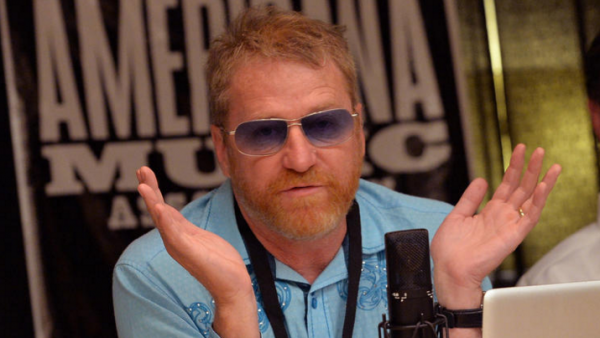David Lowery, a longtime musician with the band Camper, has filed a class action suit against Spotify. According to the lawsuit, Lowery claims that the streaming service continues to unlawfully stream copyrighted music. known for skewering the music business as we now know it has decided to take Spotify to court. In a class action lawsuit, David Lowery, of the bands Cracker and Camper Van Beethoven, more or less alleged that the service is ripping off musicians.
“Spotify has – and continues to – unlawfully reproduce and/or distribute copyrighted musical compositions . . . to more than 75 million users via its interactive commercial music streaming service…” “Unless the Court enjoins and restrains Spotify’s conduct, Plaintiff and the Class Members will continue to endure great and irreparable harm that cannot be fully compensated or measured in monetary value alone,” according to the lawsuit, filed in U.S. District Court in the Central District of California.
Lowery and other artists have publicly expressed their disappointment in Spotify and its failure to pay royalties for the music shared on their platform. Spotify announced last week that they was going to build a new songwriters and publishers administration system and set aside royalty payments. The new system’s purpose is to accurately (and timely) identify the copyright owners and distribute royalties accordingly. However, Lowery’s team believes that having artists wait until this system is put in place is like a slap in the face.
“It’s like saying, ‘We know we’ve taken these people’s work, we’ve never made an attempt to find them, but we know we’re playing something without the proper license,” Sanford Michelman, Lowery’s attorney, told CNN. “Unless the Court enjoins and restrains Spotify’s conduct, Plaintiff and the Class Members will continue to endure great and irreparable harm that cannot be fully compensated or measured in monetary value alone,” the lawsuit read.
David Lowery and co-defendants are suing Spotify for $150 million.



